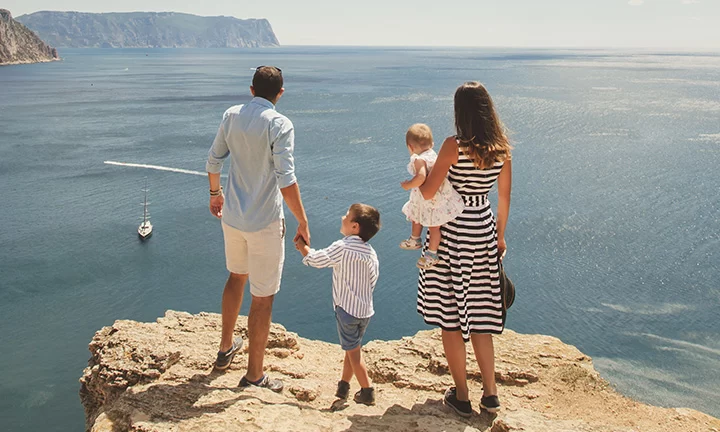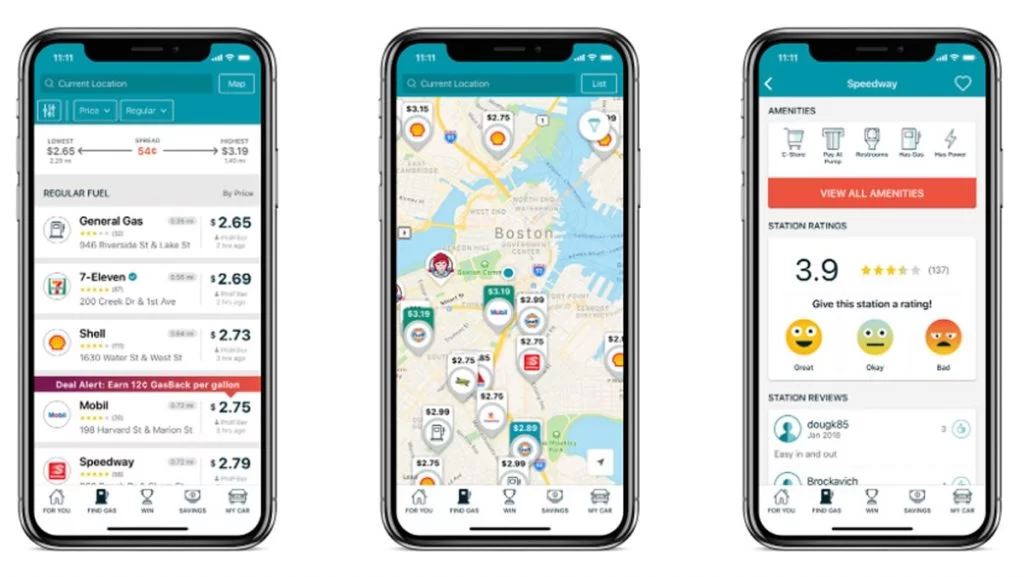Budget Travel Tips: How to Travel the World Without Breaking the Bank
- Why Budget Travel Is the Best Way to Explore
- Top Tips for Saving on Flights and Accommodation
- How to Save Money While Exploring Destinations
- Real-Life Budget Travel Stories and Tips
- Where to Find Affordable Activities and Experiences
Why Budget Travel Is the Best Way to Explore
Traveling the world doesn't have to be expensive. In fact, budget travel can offer more flexibility, creativity, and unique experiences than luxury vacations. When you focus on traveling on a budget, you’re more likely to immerse yourself in local cultures, try authentic food, and explore hidden gems that many tourists miss.
Whether you're backpacking across Europe, road-tripping through the US, or exploring off-the-beaten-path destinations in Asia, budget travel gives you the freedom to stay longer, explore deeper, and experience more for less. But how do you make it happen? Here are some essential tips that will allow you to travel the world without burning a hole in your pocket.
Top Tips for Saving on Flights and Accommodation
One of the biggest expenses when traveling is transportation, especially flights and accommodation. But there are plenty of ways to save money in these areas, starting with the following tips:
- Book Flights Early: Flights are often cheaper if you book several months in advance. Use flight comparison websites like Skyscanner, Google Flights, or Kayak to find the best deals. Flexible travel dates and early booking can save you a lot.
- Travel During Off-Peak Seasons: Avoid traveling during peak tourist seasons, as flights and hotels are much more expensive. Instead, plan your trip during the off-season when prices drop, and destinations are less crowded.
- Consider Alternative Airports: Major airports are often pricier due to their popularity. Look into nearby secondary airports, which are sometimes much cheaper to fly into and out of.
- Opt for Budget Accommodation: Hostels, guesthouses, and homestays can offer a much more affordable alternative to hotels. Websites like Hostelworld, Airbnb, and Booking.com offer great deals on budget-friendly accommodation.
- Use Couchsurfing: If you're truly looking to cut costs, consider Couchsurfing. This platform connects travelers with hosts who offer free places to stay, giving you an authentic, local experience at no cost.
By applying these strategies, you can drastically reduce your flight and accommodation expenses, leaving more room in your budget for other aspects of your trip.
How to Save Money While Exploring Destinations
Once you’ve saved money on flights and accommodation, the next step is to keep costs low while you're exploring your destination. Here are some tips to save money without sacrificing fun:
- Use Public Transportation: Instead of taking taxis or rideshare services, take advantage of local buses, trams, and trains. Public transportation is usually much cheaper, and it gives you a more authentic experience of the place you're visiting.
- Walk or Bike: Not only is walking and biking free, but it also allows you to explore a destination more thoroughly. Many cities have bike rental systems that are affordable and perfect for sightseeing.
- Eat Like a Local: Skip expensive tourist traps and head to local markets, street vendors, and casual eateries. Street food in many parts of the world is delicious, authentic, and much cheaper than dining at restaurants that cater to tourists.
- Take Advantage of Free Activities: Many destinations offer free or low-cost activities. Look for free walking tours, visit public parks, museums with free entry days, or explore natural attractions like beaches or hiking trails.
- Negotiate Prices: In many parts of the world, especially in markets or with local guides, it’s expected that you’ll haggle over prices. Don’t be afraid to negotiate for a better deal, particularly when buying souvenirs or booking local tours.
Saving money while exploring destinations is all about making smart choices and looking for the hidden gems that often come at little or no cost.
Real-Life Budget Travel Stories and Tips
Sometimes, the best way to learn about budget travel is through the experiences of others. Here are a couple of inspiring real-life travel stories:
- Laura's Eurotrip Adventure: Laura, a solo traveler, embarked on a 30-day Eurotrip with just $1,500. By staying in hostels, using budget airlines, and eating street food, she explored 8 cities across Europe. Her biggest tip? "Do your research and always book transport early." By planning ahead, Laura was able to stretch her budget and have an unforgettable trip.
- Tom and Sarah's Road Trip Across the US: Tom and Sarah wanted to explore the United States but didn't have a massive budget. They chose to travel by car, camping along the way and cooking their own meals. By avoiding expensive hotels and restaurants, they were able to visit national parks, iconic cities, and quirky attractions without breaking the bank.
These real-life stories prove that with a little creativity and careful planning, it's possible to travel extensively on a limited budget. It’s all about making smart choices and prioritizing experiences over luxuries.
Where to Find Affordable Activities and Experiences
When you’re on a budget, finding affordable activities is key to enjoying your trip without overspending. Here are some great places to discover budget-friendly activities:
- Local Tourism Offices: Most cities have a local tourism office where you can find free maps, brochures, and information on free or discounted events happening during your stay.
- Meetup Groups: Check out websites like Meetup.com for free or low-cost group activities. Whether it’s hiking, language exchanges, or local festivals, Meetup groups are a great way to connect with other travelers and locals.
- Volunteer Opportunities: Some organizations offer free tours or experiences in exchange for volunteering. It's a win-win—help out, and get to experience the local culture for free!
Whether you’re exploring a city or heading to rural destinations, always keep an eye out for low-cost or free activities. Often, these are the experiences that leave the most lasting memories.






